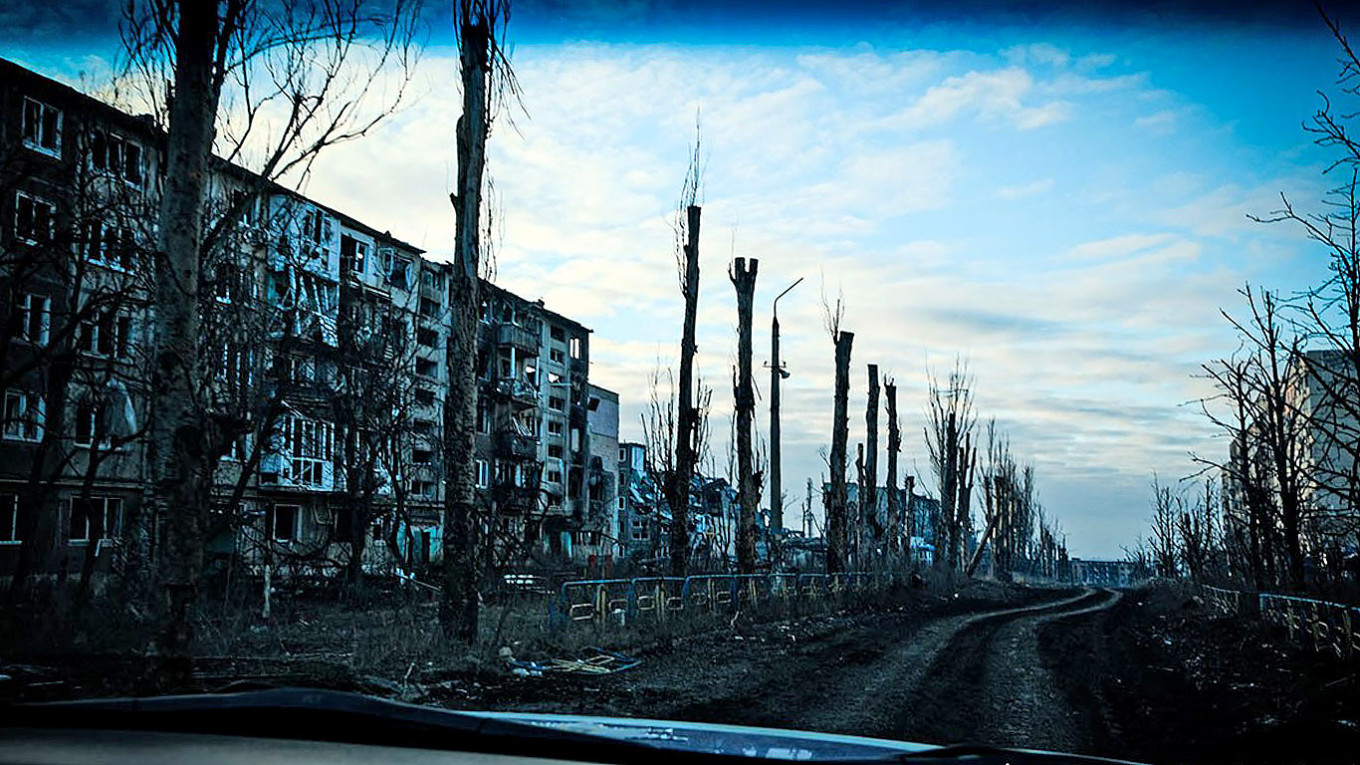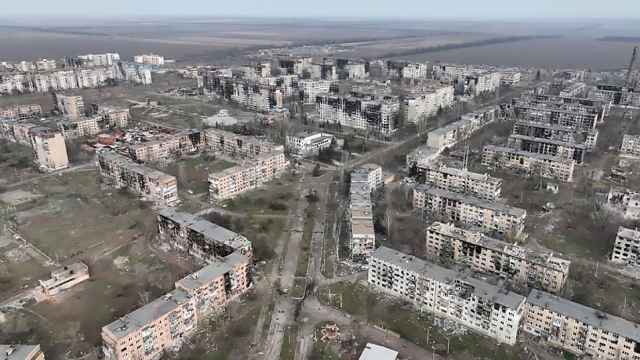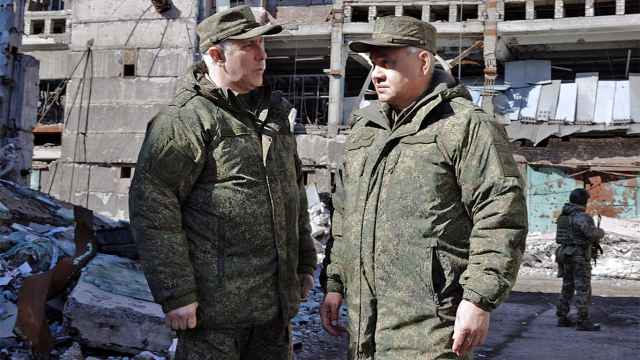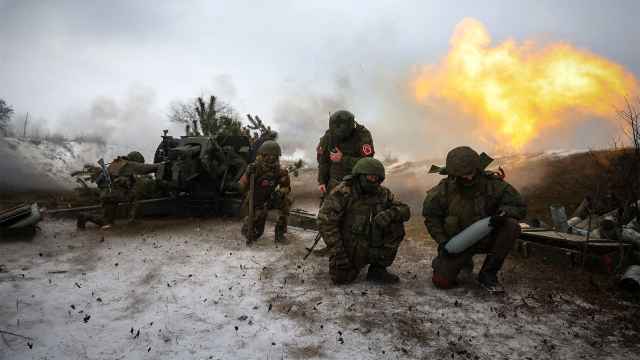After almost two years of fighting, Ukrainian forces have withdrawn from Vuhledar, a key defensive outpost in the frontline Donetsk region. The military command said the decision was taken to preserve the lives of Ukrainian soldiers and their precious equipment.
The town, which military analyst Ivan Stupak told The Moscow Times was the “entryway to the southern Donbas,” stands on elevated ground, giving the side that controls it the ability to shell surrounding battlefields and supply lines.
Though it does not hold the same logistical value as Pokrovsk, the town’s position at the intersection of the southern and eastern front lines makes it important for supplying both Russia and Ukraine’s fighting in the region. The Washington-based think tank The Institute for the Study of War wrote that many of the roads running into Vuhledar were already under Russian control by the time the city fell. Russian forces would still need to advance through 30 kilometers of Ukrainian-held territory to support the offensive against Pokrovsk.
The regional government says 107 of the original 14,000 residents remain living in the shell of the city, for which both sides say their opponents paid a heavy price in lives and equipment.
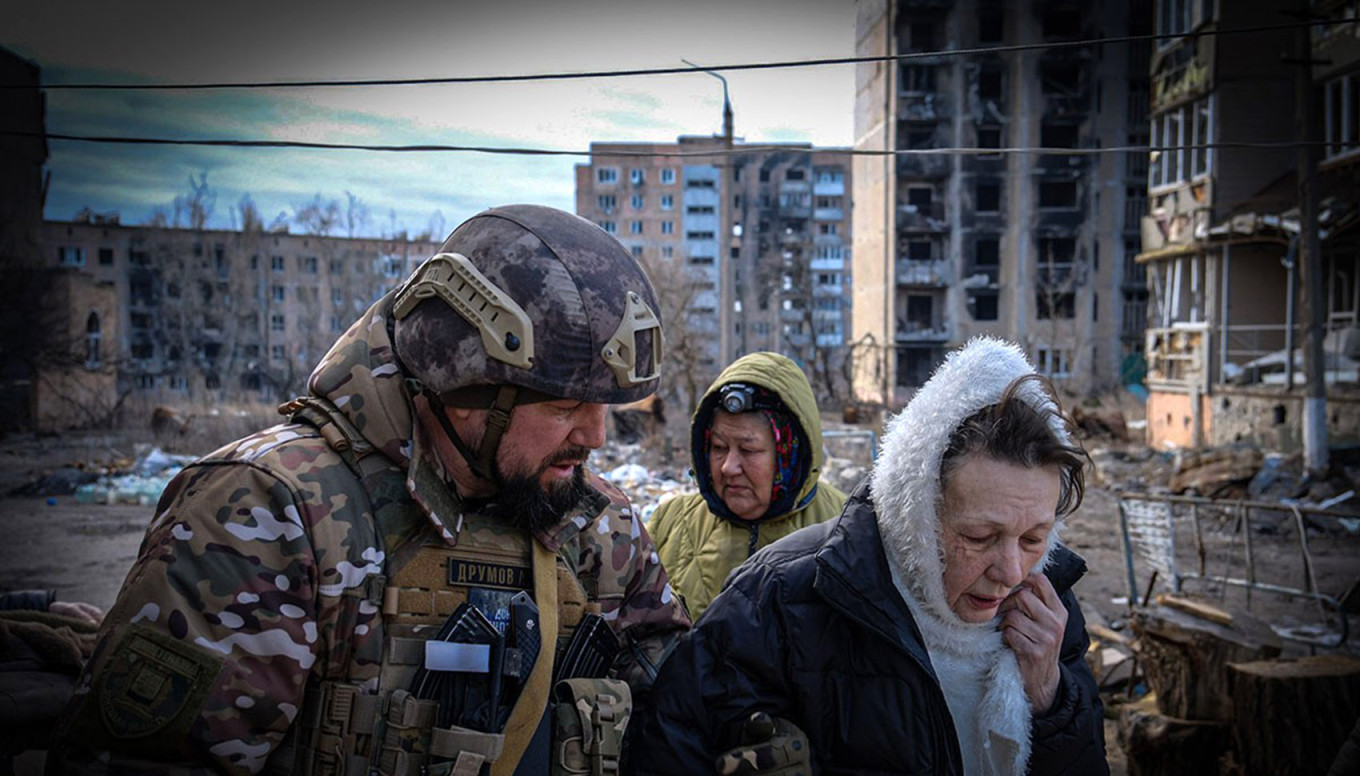
What went wrong for Ukraine?
Vuhledar’s fall comes after Russia retook momentum on the battlefield this year, gaining more ground in the first half of 2024 than in the entirety of 2023. Meanwhile, Kyiv struggled with dwindling equipment and manpower across the entire front line, allowing Russia to encircle the town in September 2024.
“We simply have fewer people and means,” wrote Stanislav Buniatov, a volunteer soldier who is also the mayor of Henichesk in Ukraine’s Kherson region.
Earlier this year, Ukraine launched a mobilization drive to replenish its forces, but the law proved unpopular among Ukraine’s political leadership and society. Some Ukrainian soldiers estimated Russia outnumbered them by seven to one at Vuhledar.
It was not only the number of new recruits that caused problems but also their lack of motivation and training. Commanders complained to the Financial Times in September that new recruits would run away from explosions or freeze in the face of gunfire. They estimated that between 50 and 70% of new infantry troops were killed within their first few days fighting.
Russia, meanwhile, adapted to its own shortages of manpower and equipment. They improved their battlefield communication and switched to attacking in smaller groups, supported by drones, making them harder to detect and target.
Though there were hopes Ukraine’s surprise incursion into Russia’s Kursk region would draw Russian troops away from the Donbas, that does not appear to have happened.
Additionally, delays in the approval of military support by Kyiv’s allies left Ukrainian soldiers vulnerable. Ukrainian forces complained that Western aid was not coming quickly enough or in sufficient numbers to make up for their shortfall against Russia.
Ukrainian military analyst Oleksandr Kovalenko told The Moscow Times that Russia used glide bombs to target key defensive positions. These bombs are inexpensive and plentiful, as they are made by upgrading Soviet-era bombs with a guidance system and wings that allow them to fly as far as 65 kilometers.
Meanwhile, Ukraine was forced to use its limited air defense capabilities to protect civilian centers and critical infrastructure, leaving its frontline cities exposed.
There have long been concerns that a Republican victory in November’s U.S. presidential election will exacerbate Ukraine’s problems, especially as Vice Presidential candidate J.D. Vance has opposed sending more aid to Kyiv. Last week, Ukrainian President Volodymyr Zelensky held meetings with former President Donald Trump to try to shore up support for his country’s defense. Zelensky described the meeting as “very productive.”
The fall of Vuhledar “must not be viewed as a strategic victory for Putin, or that it was inevitable,” David Gioe, professor of intelligence and international security at King’s College London, told The Moscow Times. “It can only become a strategic victory if Putin wins the narrative battle by convincing observers that every Ukrainian town will share Vuhledar's fate if Ukraine does not surrender.”
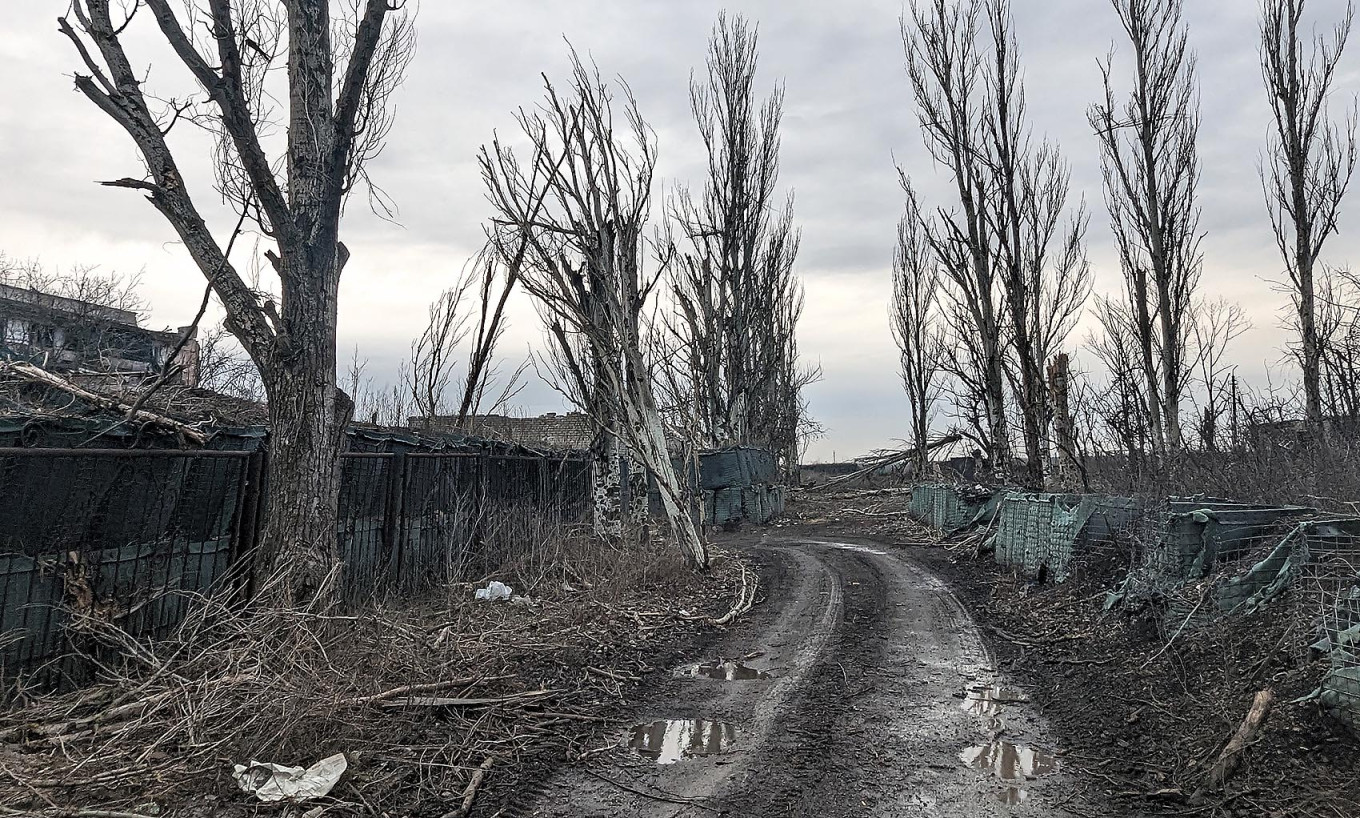
A Russian victory. But at what cost to Moscow?
There is no final estimate of Russia’s casualties in its fight for Vuhledar, but the number is likely in the thousands. Ukraine claimed in March 2023 that Russia’s entire 155th Naval Infantry Brigade – consisting of 5,000 troops – was destroyed.
Russia’s long assault on Vuhledar fits in with the pattern of “meat grinder” tactics it has employed across the front lines.
In late January 2023, many of these soldiers were civilians and convicts recruited in Russia’s 2022 “partial mobilization.” The resulting spike in deaths meant Russia’s body in the second 12 months of the war was nearly 25% higher than in the first year, according to an analysis by the BBC and Mediazona.
But this tactic evolved as the war drew on. “The time of thoughtless meat assaults seems to be over,” wrote Buniatov on Telegram. “This time they are thought-out assaults, with losses and reserves calculated in advance.”
Instead of trying to overwhelm Ukrainian forces in a single large assault, Russia exhausts them and their ammunition supplies by forcing them to defend against successive waves of small-group attacks.
Vuhledar also saw Moscow revise its use of tanks to punch through Ukraine’s forces after as many as three dozen tanks and armored vehicles were destroyed in February 2023. Since then, Russia has turned to using tanks in raids or to supplement its artillery, knocking out Ukrainian positions from as far as 2 kilometers away.
The length and high cost of the campaign for Vuhledar had political ramifications in Russia. In April 2023, General Rustam Moradov, one of the Russian Armed Forces’ top commanders in Ukraine, was dismissed due to high casualty levels.
A source told The Moscow Times that people complained about Muradov’s leadership because he was “a mad idiot who was able to … order soldiers to go to a certain death.”
It is unclear whether Russia will make rapid gains beyond Vuhledar in the coming months. Although autumnal weather might render the surrounding terrain increasingly difficult to traverse as it turns to mud, Kovalenko said Russia might push onward like after the capture of Avdiivka.
“Ukraine has real manpower and material problems, but Putin has real force regeneration problems too,” Gioe told The Moscow Times. “As Putin represses his people through the vice-grip of his police state, while demanding ever-greater sacrifices from them in service of his imperial war, he may eventually reach the limits of domestic support for the war.”
A Message from The Moscow Times:
Dear readers,
We are facing unprecedented challenges. Russia's Prosecutor General's Office has designated The Moscow Times as an "undesirable" organization, criminalizing our work and putting our staff at risk of prosecution. This follows our earlier unjust labeling as a "foreign agent."
These actions are direct attempts to silence independent journalism in Russia. The authorities claim our work "discredits the decisions of the Russian leadership." We see things differently: we strive to provide accurate, unbiased reporting on Russia.
We, the journalists of The Moscow Times, refuse to be silenced. But to continue our work, we need your help.
Your support, no matter how small, makes a world of difference. If you can, please support us monthly starting from just $2. It's quick to set up, and every contribution makes a significant impact.
By supporting The Moscow Times, you're defending open, independent journalism in the face of repression. Thank you for standing with us.
Remind me later.



